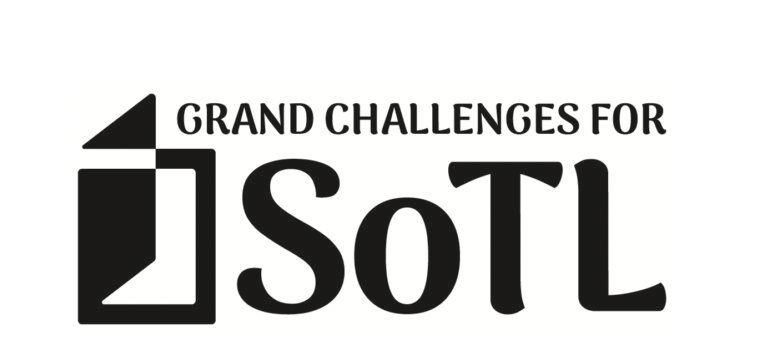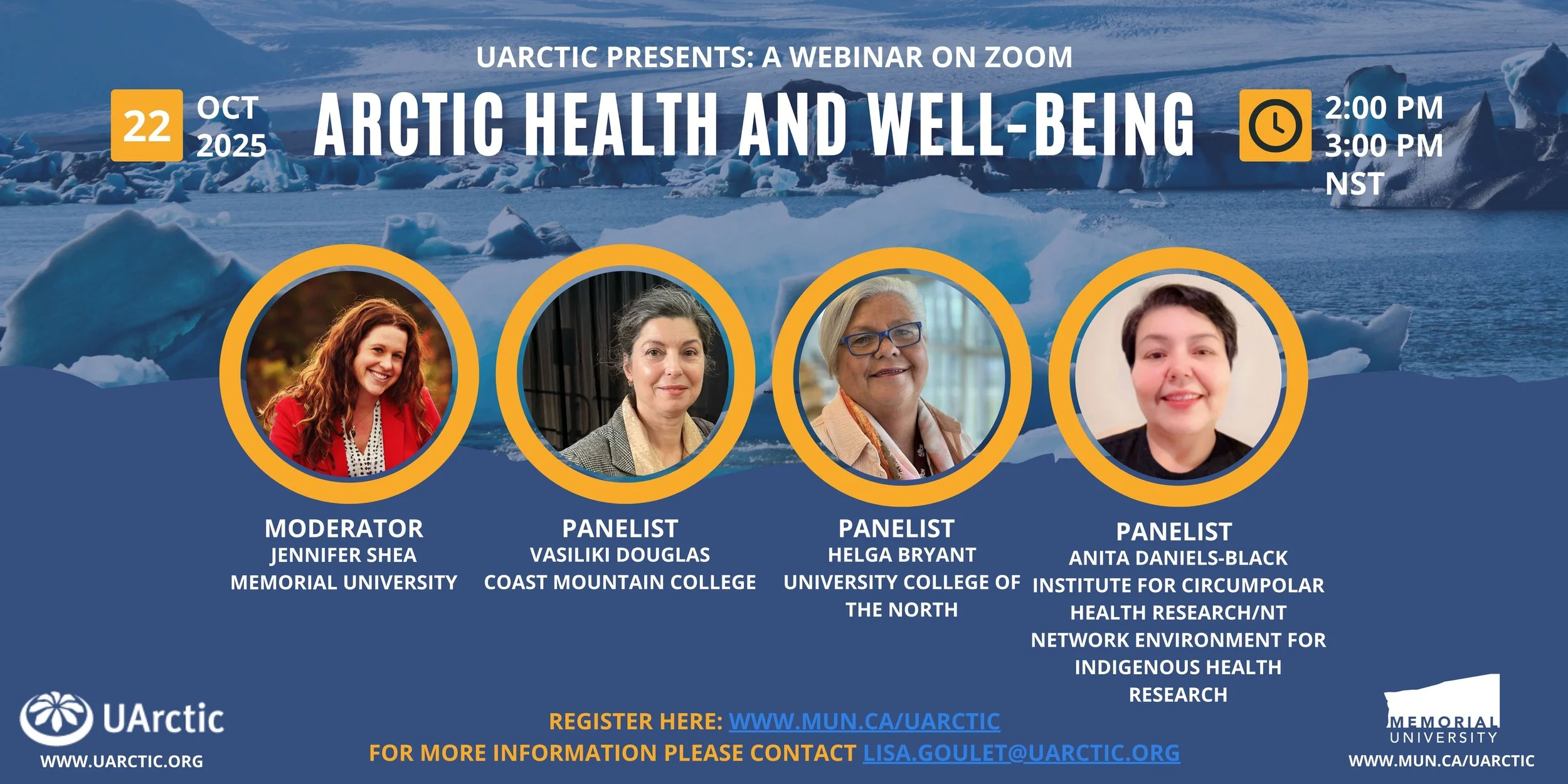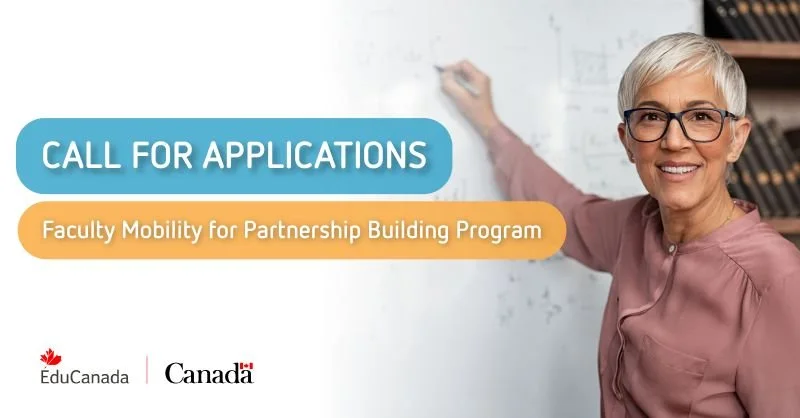Critical reading goes a step beyond reading for information. It involves evaluating information in such a way that asking questions becomes more important than simply learning facts.
Preliminary Information (before you start reading)
Title
The title may give you information about the content of the article: the geographical focus, period, subject, etc.
Sometimes, the title will hint at the author’s approach or interpretation (which may be indicated by a play on words or a question mark).
What does the title lead you to expect from the article?
Author(s)
Note the author(s) of the text.
What is the author's discipline?
Source
Where was the work published? Note its original source.
Is it an academic journal, a popular magazine, a textbook?
If examining an article, the publication it appeared in can lend or deny the material credibility.
Analysis Information (skimming quickly)
Purpose
Why did the author write this paper?
Does it seem to be refuting someone else's interpretation of some event or phenomenon? Is it offering new information?
Clues to the answer to these questions are usually found in the first few paragraphs.
Subject
What does the text seem to be about?
Look at the first couple of paragraphs for hints.
Some disciplines include an abstract that precedes the text. This will give an uncritical summary of the paper's subject/content.
Sources
Where is the author getting her or his basic information?
Is it mostly from other books or articles? Is it based on interview, archival or survey data?
Knowing where the author got the information will indicate whether the author is looking at something old or looking at a new idea.
Critical Reading Details (while you are reading)
Thesis
Write out the thesis statement as you find it in the article. It is sometimes only one sentence, but it is sometimes two or three.
An author might be obvious about it: "This paper will argue. . ." or subtle, giving only a statement of his or her interpretation followed by some indication of the evidence that will support that position.
Evidence:
What evidence does the author claim will be used to support her or his argument?
What evidence is actually used?
Are facts and opinions clearly separated, or are they difficult to distinguish?
Limits
Does the text focus on a particular event, theory, person, phenomenon, or idea?
The text may be further limited by a narrow geographic focus, a limited period, or restricted to a particular group of people.
Point of View
Similar to the thesis statement, the point of view may be obvious. In other cases, it may be necessary to look at what things are described positively and what are described negatively.
Presentation and Argumentation (while you are reading)
Concepts / Words:
Note the words or concepts you had to look up.
Did the author coin his/her own terms, or use common terms in unusual ways?
Use of Evidence:
How well did the author rely on his/her evidence?
Was everything mentioned at the outset referred to in the text?
Was quoted material used to illustrate or substantiate points?
Are any of the materials listed in the bibliography not used in the paper?
Conclusion:
Summarize where the author went with the paper.
Refer to the thesis statement to help phrase the summary.
Implications:
Note what the author’s points might mean in a larger context.
Who might find it useful? Would anyone change the way they work, or how they approach an issue if they read this article?
What difference has it made for you?
Also consider why an instructor would assign this article. Was the article assigned because itillustrated ideas or concepts covered in the course or did it present new course-related information?
Evaluation (after you have finished reading)
Personal Reaction
What was your personal reaction to the paper?
Strength of Case
Did the author persuade you that the point/argument/story that she/he was making was valid (or at least convincing)?
Did you think, at any time, that the author was just hoping you would agree?
Can this issue be looked at in other ways that are not mentioned?
Evaluation
How good was this work compared to other work in the discipline/area or in the same journal?
If the author’s ideas are followed to their final conclusions (perhaps unstated ones), what will be the result? Will they make sense?
It is helpful to write page numbers of relevant passages in the article.
Quality
What is your assessment of the quality of the paper?
Were there any flawed arguments?
Did the author support all his or her points, or were some of them missing evidence?
Identify any technical problems, like spelling mistakes or formatting problems.
Other
Record anything else you may like to recall about the text.
Some students find it helpful to write a summary or review that can be used before tests or exams (or when writing papers) instead of re-reading the article (although if you refer to the article in a paper, you should always check the actual article again to make sure that you have the points correct, and you still need to cite the original source and page numbers).
What are some questions that this article makes you ask?
Where have the authors made assumptions about their work?
Is there another way that the authors could have explored/researched/answered this question?





























